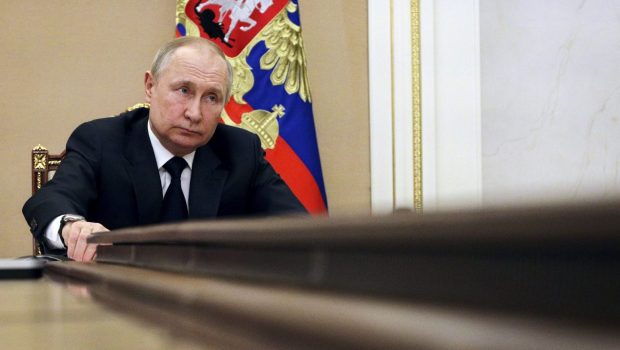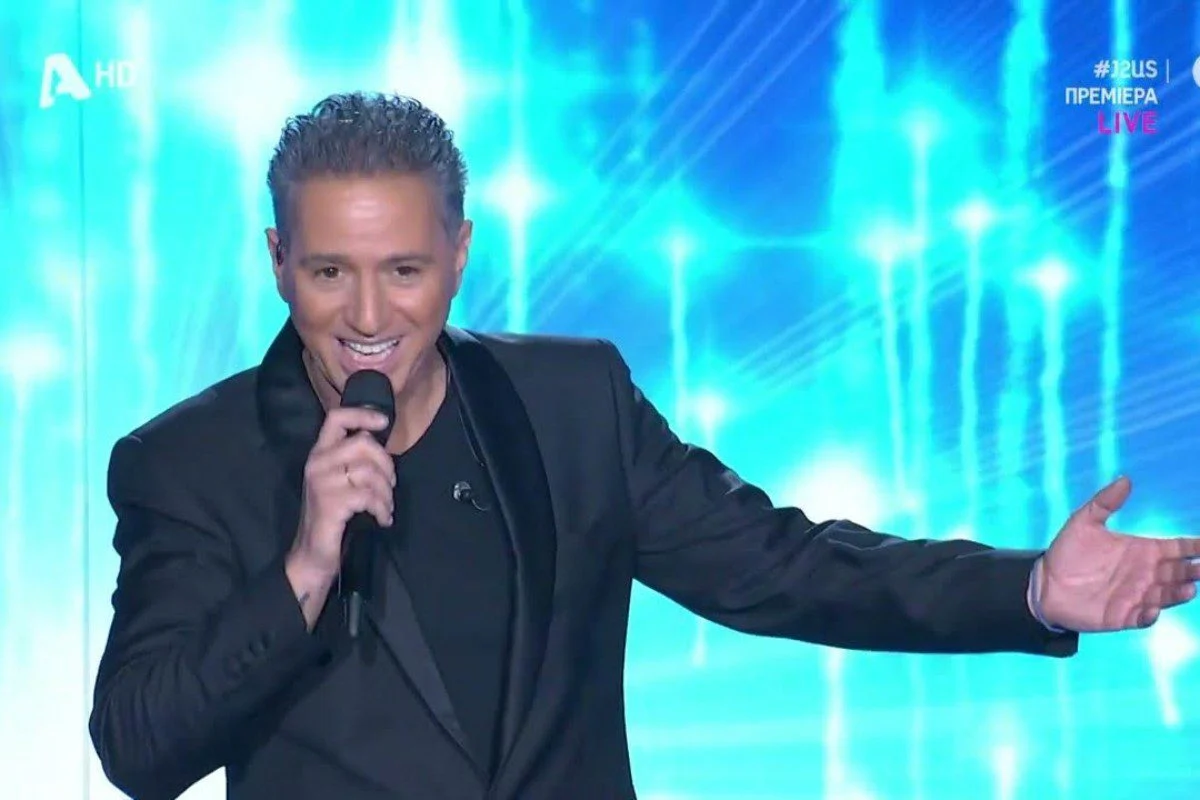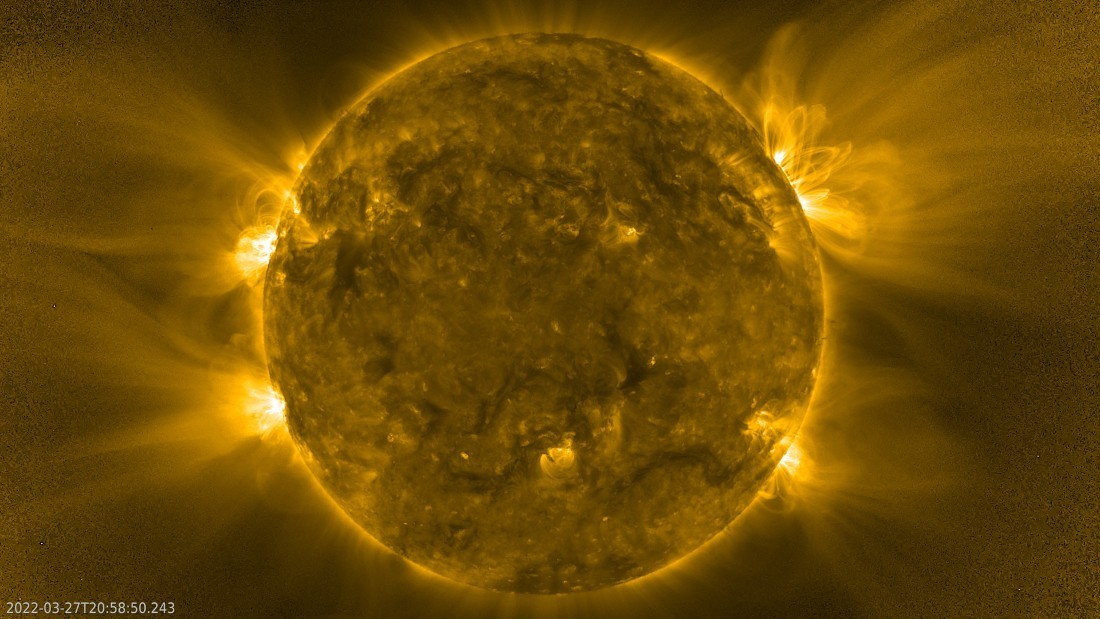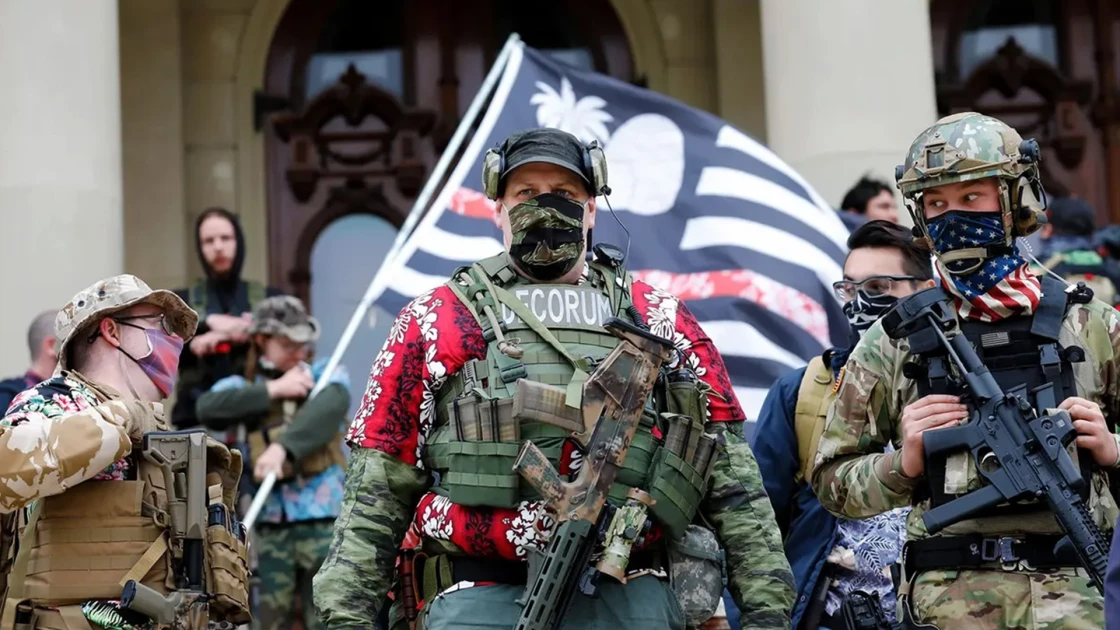
as long Russian President Vladimir Putin In power, he committed violence against millions of people on their way to tyranny. But if he leaves power, he will bring a new kind of chaos: a Shakespearean power struggle, uncontrollable local chiefs, a nuclear arsenal for anyone who can catch him.
Nowadays few people want to speak out For a post-Putin worldBecause they hesitate before the idea of interfering in the internal politics of another country. Politico writes uniquely.
But privately, Western countries and analysts are focusing on the scenarios that could unfold if Putin leavesbut also how Ukraine’s allies should react.
Read also – Putin: Those who seek regime change in Russia should be careful what they wish for
“I will be careful and not think much about the internal political situation in Russia,” NATO Secretary General Jens Stoltenberg said last week when asked how the alliance was preparing for the possibility of the Russian leader stepping down.
“No matter what the various analyzes may show, I think what we have to do at NATO is to be prepared for all possibilities, and when it comes to Ukraine, to be ready to continue supporting it,” he said.
What everyone agrees on is that the transition will not be clean, and there will be a myriad of dilemmas that will overwhelm the Western allies. For example, to what extent they can – and should – influence the succession process. What should they do if Russian democracy is fragmented? What kind of relationship should they seek with Putin’s successor?
“We need to set aside any illusion that what happens next will be a democracy,” said Laurie Bristow, a former British ambassador to Russia. “I think what happens after that is probably going to be a period of trouble,” he added.
An explosive race for succession
For now, Putin’s position is secure. He still controls the state apparatus, while the army carries out its murderous orders in Ukraine. But his position at home was weakened by the invasion and increased uncertainty about who and how he would take charge next.
Bristow, who served as the UK’s envoy to Moscow from 2016-2020, noted: “To manage a stable succession when the time comes – which Putin thinks he will be in when he wants to – you need a significant degree of elite consensus”. .
“What they have done now is to break that consensus,” he added, noting that there is now more competition for power within the Kremlin. The battle is likely to be fierce when the top job in government opens.
“It can become very Shakespeare, or see King Lear, or look like the Roman Empire, see I Claudius, or become very fast like Game of Thrones,” William Alberck, former director of the NATO Arms Control Center described.
Alexander Vershbow, a former senior US and NATO official, said the most likely scenario remained a “smooth transition” to someone in Putin’s inner circle. But he admitted that bringing down tyrants could cause unrest. He stressed that “there can be internal instability.”
“Things get very unpredictable in authoritarian regimes, in person-centred dictatorships.”
Bristow warned Western powers to stay out of such disputes over succession: “I think we have to be aware of the limits of how much we can influence these outcomes.” Although he admitted that “the result certainly matters to us”.
Nuclear weapons = power
Russia has the largest stockpile of nuclear weapons in the world, with thousands of warheads that can each cause massive destruction, death and trauma to entire peoples. This arsenal has long been a source of Russian power on the world chessboard and a dominant part of Russia’s image to the outside world: for many years the peoples of the United States and other countries imagined the possibility of a nuclear attack by the Kremlin.
In a time of leadership uncertainty, that arsenal can become a coveted symbol of power. The suitors will focus on Russia’s Nuclear Weapons Protection Authority, or GUMO.
“There is a real possibility that there will be a deadly competition,” Alberki said. “A competition to have the people who run different sections of the military — particularly the 12th Division of GUMO that controls the Russian nuclear arsenal.”
Areas out of control
Simply put, Russia is the largest country in the world. It spans 11 time zones and climbs from the Caucasus to the North Pole.
While it may seem that Putin has all this reach under his control, there are some Russian republics that have a weaker relationship with Moscow. Some of them have ambitious political figures. A power vacuum in a distant capital may be an opportunity for local leaders to assert more control.
Although most analysts believe that the Russian Federation will remain largely intact if there is a battle for control of the Kremlin, they also acknowledge that the Russian government has long feared division.
In the event of such conflicts, all eyes will turn to Ramzan Kadyrov, the brutal leader of the Chechen Republic. Moscow’s invasion of Ukraine may once again haunt the Kremlin.
Vershbow sees a “small chance” of dissolution, but notes that “it is ironic that Putin’s ‘annexation of regions in eastern Ukraine’ could be used as a precedent by separatist leaders within the Russian Federation to say that ‘the borders are now catching up’.”
Discussion about a possible reset has started again
Once a new leadership team is appointed, more painful discussions will begin in the West. With Putin out of the political scene, some officials – particularly in Western Europe – might argue that there is an opportunity for a new relationship with Moscow.
It is known that the United States offered Russia a symbolic reset button at the beginning of Barack Obama’s presidency, and since then has seen its relations with the country only deteriorate. Germany, for its part, preached the gospel of economic engagement with Russia for years, until finally declaring the historic “Zeitnuende” – or turning point – after the invasion.
With the new leadership in the Kremlin, Germany could say, “Ah, Zeitweinde, come on, baby. Let’s put the US to pressure on the reset again with the new Russian leader,” comments Alberki.
Inevitably, NATO’s eastern wing would not agree to such initiatives. He might argue that “Russia never changes” and is counting on the Allies not to back down from the more assertive position that NATO has adopted since the start of the war.
As Poland’s National Defense Minister Mariusz Pasak told Politico. “Russia was the same when the tsar was the leader, as it was when the general secretary of the Communist Party was the leader, as it is now when Vladimir Putin was the leader,” he said.
“What is important on our part is to isolate Russia,” he said.
At the moment, there is no specific person who could be considered Putin’s successor. However, analysts expect a regime with a similar or even more extreme ideology.
Janis Garissens, Latvia’s deputy minister, noted that Putin has already imprisoned critics – and potential future leaders – such as Alexei Navalny, and that only foreign hardliners are willing to step in. He explained that his “critics” are not in prison, “they are from the right.”
“We should not fall victim to a junta or a group of people who come forward and say they want to reset the situation if things remain as they are,” said Ben Hodges, the former commander of the US military in Europe.
The main difference this time around is that Europe is now less economically dependent on Moscow, limiting the main incentive for reengagement.
A senior EU diplomat said: “We have come a long way to be able to stop purchases from Russia. Only the issue of nuclear weapons will remain, but this is more about the Americans.”
Another sign Western leaders can look for is whether Putin’s successor will cooperate with international organizations trying to prosecute Russian war crimes in Ukraine — a prospect that certainly seems remote.
He said Czech Foreign Minister Jan Lipavsky: “Only Russia, which is determined to cooperate will not pose a threat to Europe.”
But despite speculation that a cooperative Russia is a far-reaching opportunity, many current and former officials have warned that Western governments should combine fear-mongering with long-term efforts to engage with Russian civil society.
Bristow said that the Western alliance should think about “how to reach Russian society outside the Kremlin, to the next generation of Russian politicians, intellectuals, intellectuals, educators and businessmen, to show them in a way an alternative vision of who they have”.
“I feel very few people in Russia would like to do that,” he concluded.

“Hipster-friendly coffee fanatic. Subtly charming bacon advocate. Friend of animals everywhere.”





More Stories
The President of the University of Glasgow was prevented from entering France
The first step towards a truce in Gaza: news of Hamas agreeing to a hostage exchange plan
Erdogan is pulling the strings with Israel, and he will not risk it now with Greece